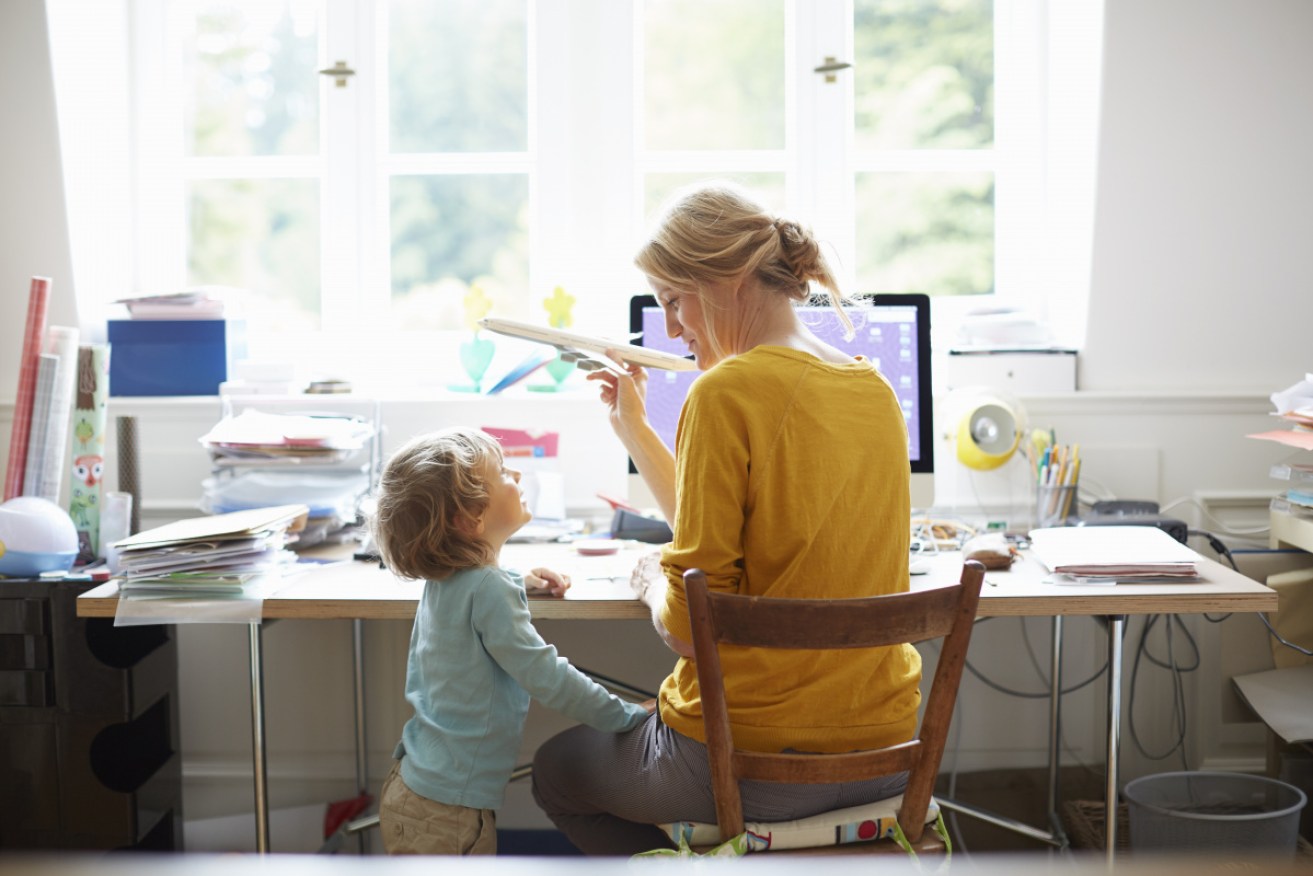How to help keep your home free from coronavirus

Practical, and obvious measures to keep your home clean will help control the spread of the coronavirus. Photo: Getty
As households prepare to bunker down across Australia, attention has turned to the best ways of protecting homes from coronavirus.
Supermarkets have introduced limits on cleaning product purchases and concerned citizens are increasingly turning to the internet for the best cleaning advice.
With millions of people facing the prospect of being indefinitely housebound, health experts have called for residents to remain vigilant and have recommended a series of practical steps for maintaining good hygiene at home.
Stopping the virus at the door
With infection rates growing exponentially, residents have been warned that keeping outside movements to a minimum is the best strategy for avoiding infection.
Those who need to venture outside have been encouraged to take a number of precautions, but there are also techniques that can further minimise the risk of bringing the virus home.

Hand-washing one of the key elements to not bringing coronavirus home. Photo: ABC Brisbane
UNSW virologist Dr Sacha Stelzer-Braid is confident households can minimise their exposure if the right procedures are followed.
“We just need to be really quite vigilant and strict,” she said.
Dr Stelzer-Braid said good household hygiene starts before walking in the front door.
“It’s not a bad idea to take your shoes off before you enter the house, especially for children who like to jump on beds,” she said.
“Definitely don’t put your shoes anywhere you would touch with your hands like your coffee table.”
Non-porous items like takeaway containers can be wiped down with detergent or soapy water and fresh produce should be washed.
Once inside, a thorough hand wash with warm soapy water for at least 20 seconds is essential.
“While the risk of transmission from anything you buy at the shops is low it’s still a good idea. We can’t hand wash enough right now,” Dr Stelzer-Braid said.
Disinfectants not enough
Scientists have shown that COVID-19 can survive outside the body on plastic and stainless steel surfaces for up to 72 hours.
Professor Brett Mitchell has been researching ways of protecting the public from outbreaks like coronavirus at the University of Newcastle.
He told ABC Radio Sydney that highly sought after products like hand sanitiser and disinfectant sprays were not enough to kill the virus on their own.
“Disinfectants don’t work by just splashing them about,” Professor Mitchell said.
“They can’t break through dirt and organic material that’s left on surfaces, so you need to clean that first and then use the disinfectant.”
Detergents are the key to breaking down the layers of dirt and dust to allow disinfectants to work.

High traffic areas should be wiped down with disinfectant and detergent. Photo: ABC Radio Sydney
Target ‘high touch’ surfaces
As the virus is commonly transferred by hand-to-face touching, experts recommend wiping down all surfaces that are regularly handled.
Door knobs, switches, and mobile phones should be wiped down with detergent on a cloth.
Dr Stelzer-Braid said those in a healthy household should be wiping down high touch surfaces at least twice a day.
Diluted bleach and products with an alcohol content above 70 per cent are also effective products.
If someone is sick
If a member of the house is feeling unwell, Professor Mitchell said cleaning around areas they frequent needs to be more thorough.
“Think about cleaning the area within their room a little more often, using disinfectant after washing hands, and giving the taps a clean,” he said.
Should a member of the household show symptoms of COVID-19, Dr Stelzer-Braid said they should be quarantined to one room, preferably with their own bathroom.
Contact with others should be at a minimum for a fortnight and cleaning should increase to several times a day.
If possible, clothes and bed sheets — handled with gloves and surgical masks — should be washed more frequently to minimise the risk of transmission.
“It’s also always a good idea to try and flush clean air through the house so open the windows and doors,” Dr Stelzer-Braid said.
The clothing and cutlery used by an infected person can also spread the virus so they should be kept separate.
“A dishwasher is great, it will kill the virus. But if you don’t have one use hot water — as hot as you can handle it,” she said.

Disinfectants like hand sanitiser have been in high demand but can be less effective on dirty surfaces. ABC Radio Adelaide
Technique matters
Cleaning techniques can also make a difference to the risk of infection.
Wiping in an ‘S’ shaped pattern prevents re-contamination and will ensure the surface area is well-covered.
Disposable gloves should also be worn.
Dr Stelzer-Braid said the key was not waiting until it is too late to implement good habits.
“Getting on top of it early and having a good routine is really important,” she said.
“If [infection] does happen, and it probably will happen to someone in the household, then it’s an easier transition.”
While these measures might not guarantee freedom from infection, Dr Stelzer-Braid said they help ensure the chances of the virus entering a home are minimised.








